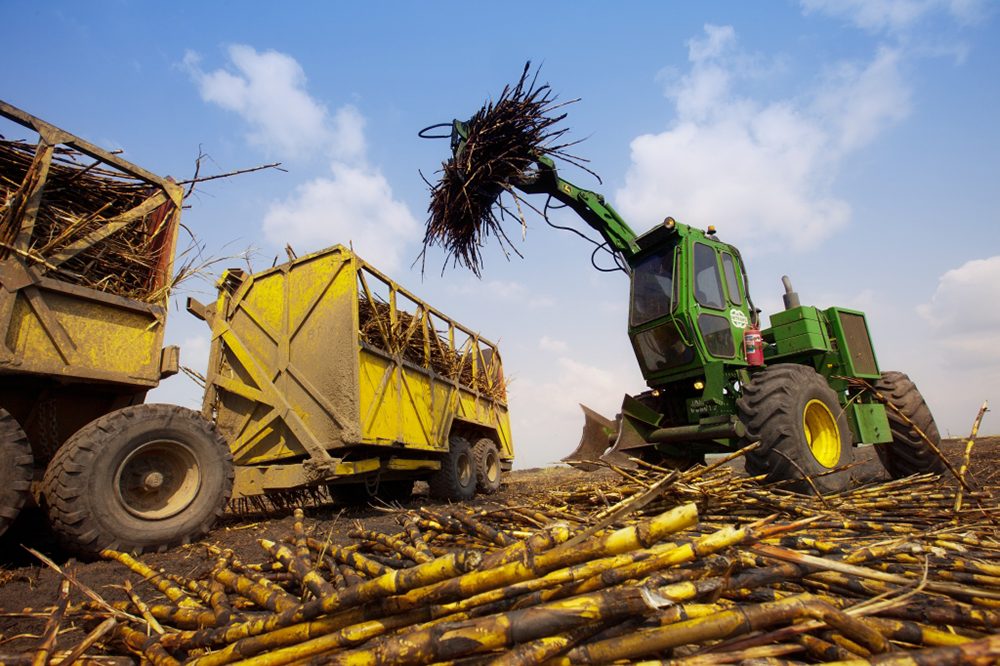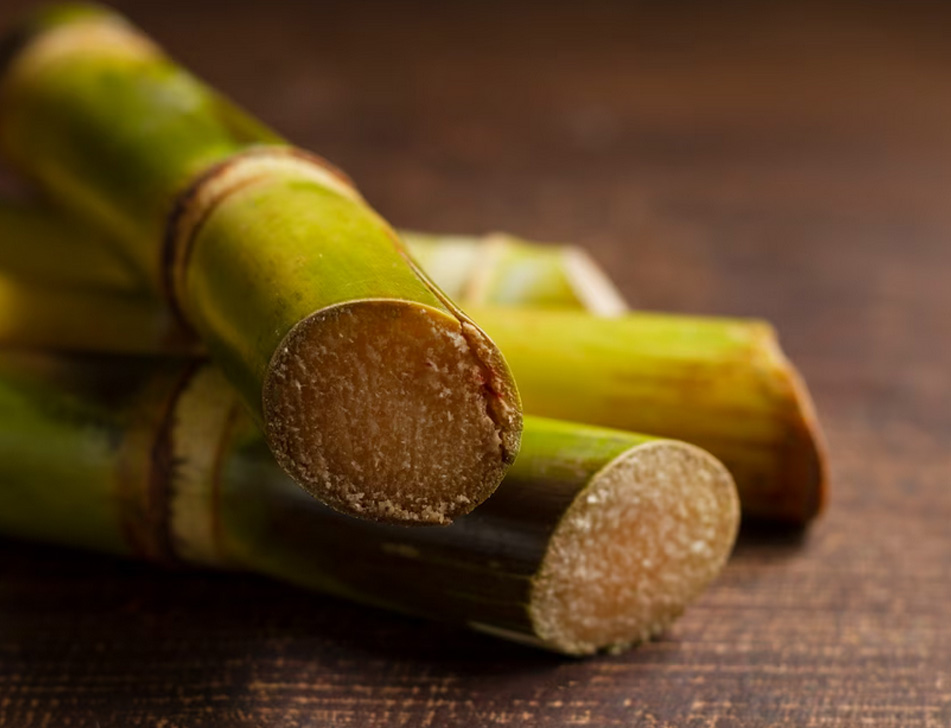SUGAR INDUSTRY IN MOZAMBIQUE

The sugar industry has been a cornerstone of Mozambique’s economy since colonial times, employing many workers and ranking high among the country’s export sectors.
The industry’s roots trace back to the late 19th century when sugar factories emerged in central Mozambique.
Founded by the British entrepreneur John Petez Hornung in 1893, the Mozambique Sugar Company established its factory in Mopeia, on the left bank of the Zambezi River. Arriaga & Comandita and the government of the Colony of Mozambique created the Búzi company in 1898. The Marromeu factory was built in 1902 on the right bank of the Zambezi River by the Sociedade Açucareira da África Oriental Portuguesa, a French firm. In 1910, the factory was acquired by Sena Sugar Factory, Limited, owned by John Hornung, and in 1920, it became Sena Sugar Estates. Additionally, the Luabo factory, established in 1922 by Sena Sugar Estates, commenced operations in 1924.
In 1913, a modest factory, Incomati Estate, was established beside the Incomati River with a milling capacity of 50 tons of cane per hour(tch).
A group of Portuguese acquired this factory in 1953 and 1954, which doubled its capacity.
In 1966, another group of Portuguese set up Açucareira de Moçambique, whose first campaign dates to 1970.
The Petiz family founded the Marracuene Agrícola Açucareira (Maragra) in the late 1960s, starting production in 1970. The sugar industry has come a long way since then.
The 1970s marked a golden era for Mozambican sugar. New plantations boosted potential production capacity, the utilization of which also increased. In 1972, six sugar plantations hit a record high, churning out 321,000 tons of sugar.
After the independence in 1975 new challenges arose. The industry stalled due to a brain drain in technical and management skills, a shortage of foreign currency for essential imports, and the devastating effects of war. The conflict disrupted production, targeted factories, and cost thousands of jobs. By 1983, Mozambique became a net sugar importer. Production plummeted, hitting a low of 16,000 tons in 1996.
A turning point came in 1987 with the Economic and Social Rehabilitation Program (PRES). The government prioritized the sugar industry to boost exports, reduce imports, and create jobs. They launched campaigns to attract private investment, initiated factory upgrades, and strengthened industry protections.
The revival of Mozambique’s sugar industry is considered a success story. After the 1992 civil war, the government embarked on an ambitious rehabilitation and modernization program. Mozambique’s natural advantages – rich resources, quality soils, consistent rainfall, and favorable climate – give it an edge over regional competitors.
The results have been impressive. From 1993 to 2013, the area under sugarcane cultivation more than doubled, expanding from 18,000 to over 45,000 hectares. Sugar cane production and milling skyrocketed from 184,502 tons in 1992/93 to 3.4 million tons in 2014/15.
This remarkable turnaround showcases Mozambique’s resilience and potential in the sugar industry. From colonial beginnings to post-independence struggles and eventual resurgence, the sector has weathered numerous storms. Today, it is a testament to strategic planning, investment, and the country’s natural bounty.
As Mozambique continues to harness its agricultural potential, the sugar industry remains a sweet spot in its economic landscape. With ongoing improvements in technology, infrastructure, and farming practices, the future looks promising for this vital sector. The industry’s journey reflects Mozambique’s broader economic narrative – one of challenges overcome and opportunities seized in the pursuit of growth and prosperity.
CURRENT SITUATION
In the mid-1990s, the National Sugar Institute drew up a rehabilitation strategy, and the government approved it, resulting in the rehabilitation of four of the six sugar factories through direct foreign investment and state-guaranteed loans. As part of this process, a flexible surcharge was imposed on imported sugar, allowing for the establishment of a domestic market, making sugar production in Mozambique viable, and funding the rehabilitation of the industry.
The companies that own the sugar plantations have continuously invested in the socio-economic development of the regions where they operate to complement the government’s investment. These sugar companies have combined their efforts to ensure that they contribute to rudimentary health services, maintaining a workforce in good health. In the education sector, they built new classrooms, provided teacher accommodation, and covered general infrastructure maintenance for local schools. The sugar industry has significantly contributed to the GDP and agricultural sector income since 2000, experiencing sustainable growth due to economic and political stability and attracting investments. Since 2014, sugar consumption has remained constant at around 165,000 tons, bucking the trends of previous years characterized by fluctuating consumption.
The collaboration between the government and private investment has played a significant role in bolstering and revitalizing Mozambique’s sugar industry amidst various challenges. The sugar industry has demonstrated resilience through numerous strategies, with tangible outcomes achieved through sustainable practices and environmental conservation efforts.
KEY SECTOR
Sugar production is a crucial part of Mozambique’s agricultural sector and plays a significant role in the country’s economy. Mozambique’s climate and fertile soils make it suitable for growing sugar cane, and the sugar cane industry has a rich history dating to colonial times. Over the years, sugar production has undergone transformation and modernization, becoming a vital contributor to domestic consumption and export earnings.
TECHNICAL DEVELOPMENT
The Mozambican sugar industry revolves around the production of raw and refined sugar, with a focus on producing high-quality products for domestic consumption and export. The nation has numerous sugar plantations and factories scattered throughout its regions, each contributing to national production. These farms use modern agricultural techniques and advanced machinery to maximize yields and efficiency.
INTERNATIONAL QUALITY
Exports to regional and international markets have been a significant factor in the growth of sugar production in Mozambique. The country exports sugar to several countries in Africa and beyond, and its products are known for their quality and competitiveness. Global reach has boosted foreign exchange earnings and industry visibility worldwide. Mozambique's sugar production industry continues to evolve, striving for sustainability and competitiveness while contributing to the nation's economic development.

APAMO acknowledges the vital role of agricultural activities in promoting Mozambique’s economic growth. The sugar production sector is dynamic and crucial for sustainable development, employing 80 percent of the population in farming activities.
Sustainability is paramount for the sugar industry’s growth and environmental conservation, not merely an option.
In a nation where social and economic disparities persist, responsible companies have a vital role to play in improving communities.
APAMO embodies the core values of corporate social responsibility, sustainability, and the circular economy. It encourages its members to engage with the communities in which they operate. This collaboration helps establish long-term partnerships and ensures that the benefits of their success are shared equally.
The global demand for sustainable and ethically produced fines is increasing, and the Mozambican sugar industry can take advantage of this expanding market by aligning its practices with international standards.
By demonstrating a commitment to sustainability and social responsibility, sugar producers can attract investment and secure lucrative export opportunities.








